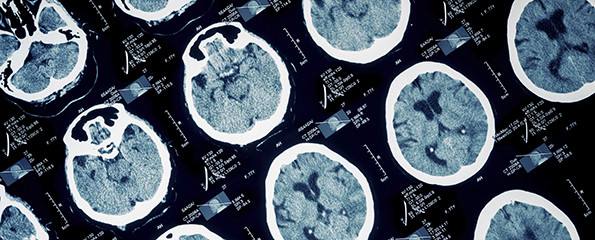Raising brain injury awareness
Acquired Brain Injury (ABI) affects 1-in-12 Australians, many of them young people who end up languishing in aged care facilities.
Around 3,300 young people are living in aged care nursing homes across Australia and more than 60% are there as a result of a catastrophic brain injury.
La Trobe Associate Professor Natasha Lannin is a neurological occupational therapist and rehabilitation expert.
Right now, she is involved in a new rehabilitation program at Alfred Health which involves both clinicians and researchers working with people who due to the severity of their ABI wouldn’t have been eligible for traditional inpatient rehab in the past.
‘This model sees a team of people provide intense support – from physio, speech and occupational therapy in a purpose built facility based at Caulfield Hospital.
‘While governments traditionally fund only short stays in rehabilitation hospitals, meaning that the most catastrophically injured are not usually offered a “chance” at rehabilitation, the new Alfred Health model of care approaches rehabilitation in a more targeted way – implementing research evidence over a longer period of time, and allowing people to make small, slow and steady gains,’ Associate Professor Lannin said.
These gains are about allowing them to leave the hospital to live in the community – rather than ending up living in an aged care home.
Early results show this interdisciplinary, family-centred and individualised support is improving people’s ability to operate independently and helping to build pathways to community living beyond aged care settings.
Natasha Lannin has also been involved in research of interest to both State government policymakers and the Senate on the adequacy of existing residential care arrangements for people with ABI and says it’s an area that needs urgent government focus.
‘What we’re doing at Alfred Health has the potential to change the way rehabilitation is being delivered to those with ABI and maximise their chance of a meaningful recovery- but it requires a change in how we fund rehabilitation.
‘The power of rehabilitation is in the therapist’s ability to work over a longer period of time with this patient group and their families, to support small and incremental steps towards independent living.
‘While the long-term quality of life and economic costs of inappropriately placing a young person with a brain injury into aged care cannot be denied, funding a longer length of rehabilitation and the ability for this group of catastrophically injured young people to maintain the right to rehabilitation for the rest of their lives needs government buy-in.’
(Source: La Trobe University)
Dates
Tags
Created by:

 Login
Login














